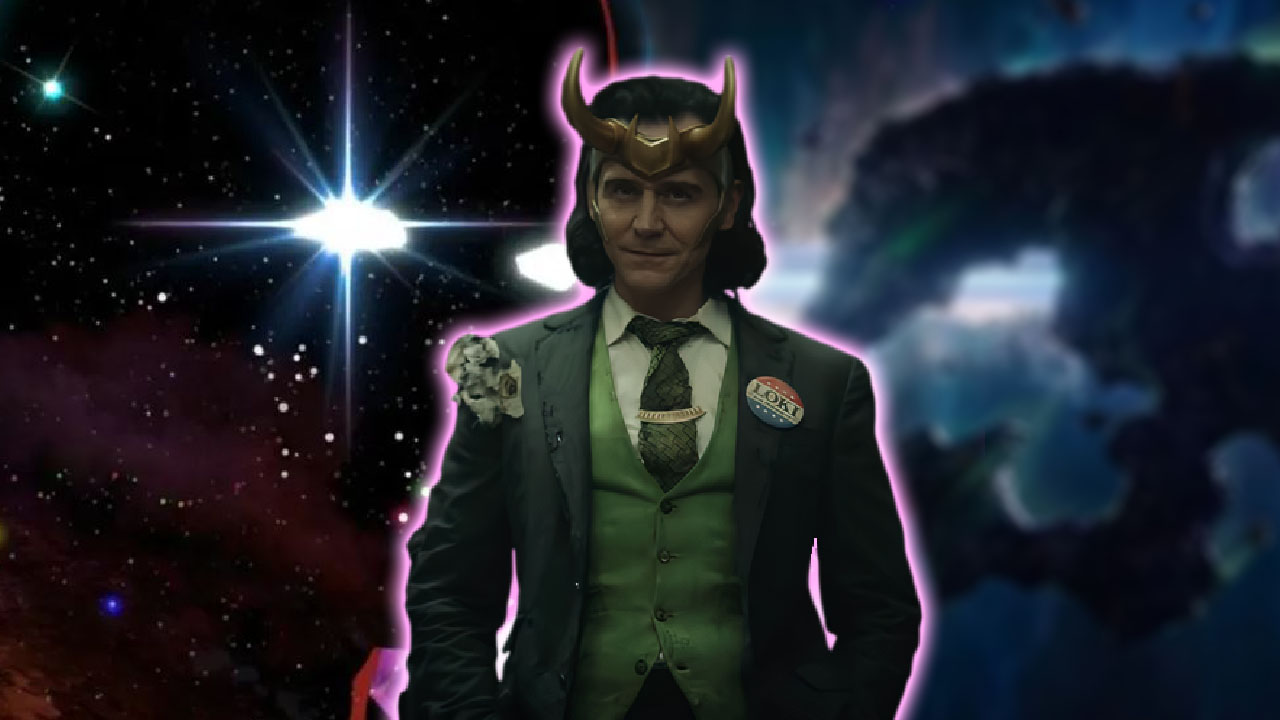Ms. Marvel brought many new concepts into the MCU from heroic fandom to mutants, but also touched on a familiar concept: time travel. Avengers: Endgame is the first MCU project to dive into time travel and establish the rule that venturing into history doesn’t change the past, but instead creates a new timeline – a concept that’s further strengthened in Loki.
During Kamala’s fight with the clandestine, her bracelet eventually sends her back to Partition where she crosses paths with her grandmother as a child and reunites her with her father just in time to catch the train. Many were quick to express their belief that this goes against the existing rules of the MCU’s time travel as Kamala directly affects the existing timeline.
Now, a writer involved with Loki and Ms. Marvel has offered their thoughts on whether the MCU’s time travel rules have been broken.
MCU Writer Explains Time Travel Ms. Marvel
In a recent interview with Cinema Blend, writer Loki and creator of Ms. Marvel’s Bisha K. Ali responded to criticism of how time travel was handled in Kamala Khan’s MCU debut.
The MCU authors explain that Ms. Marvel won’t make a Nexus Event “because of the unavoidability” that makes it a “closed loop.”
The MCU may have made the mistake of setting one of the most confusing time travel rules ever. These complicated rules were mostly designed to ease the story of Endgame and Loki, but now get confusing when it comes to other projects led by different teams.
In the special case Ms. Marvel, there is some justification for saying that Kamala saving her grandmother might not be breaking the rules. During Loki’s original TVA trial, Judge Renslayer told God of Mischief that the Avengers’ Time Theft “should have happened” but his escape didn’t. Ms. Marvel, Loki, and Avengers: Endgame are all streaming now on Disney+.
